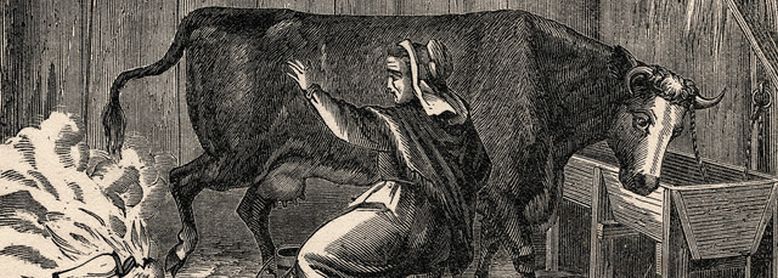Blog

What Is a Waiver of Subrogation Endorsement?
Waiver of Subrogation Endorsements are confusing. According to the spell check application editing this content, the word “subrogation” doesn’t even exist. If you have ever come across one when dealing with your commercial insurance, you know it most certainly does exist, although you may not know what it is. Is it possible to unlock this mystery?
The answer is yes.
Before we can talk about the waiver, it’s important to know what an endorsement on an insurance policy is. I gave a definition in last week’s post here where I summarized it as this: An endorsement is simply an addition, deletion, or other change to your insurance policy. If you ever replaced a vehicle on your auto insurance policy, that change to your policy was an endorsement. Fair enough?
Now’s let’s look at what the word subrogation means. A subrogation is when an insurance company goes after what they consider to be the responsible party of a claim after they’ve already paid money towards that claim. For example, let’s say you own a building and you found it burned to the ground one morning. Since you had insurance (way to be responsible!) you reported the claim to your insurance company and they paid to replace the building. The investigation revealed that the cause of the fire was from the neighboring O’Leary family’s cow that, while being milked, kicked over an oil lamp, setting fire to the barn, which spread to your building. Your insurance company then files suit against the O’Leary family to recover the costs they paid to replace your building. That is subrogation.
A Waiver of Subrogation Endorsement, then, is a statement added to your commercial property, general liability, or workers comp policy that states that your insurance company will not subrogate to a designated entity.
We’re at the point now where you might be thinking, “OK, I get what a Waiver of Subrogation is, but why would I ever add one to my policy? I don’t really care if my insurance company subrogates… in fact, I kind of hope they do because then it will make my insurance claim smaller and make my insurance company less likely to raise my rates or drop me.”
A reasonable and logical thought. The answer is: the only reason you would ever add a Waiver of Subrogation Endorsement to your policy is because someone requires you to have it as a condition of doing business with them.
Let’s go back to the example above to explain why you might need a Waiver of Subrogation Endorsement. Let’s say you have purchased your building from the O’Leary family and are making payments to them directly in an Owner-Will-Carry situation. As a condition for the generous terms the O’Leary family gave you, they require that you carry property insurance on the building including a Waiver of Subrogation endorsement with their name on it for the life of the loan. With this endorsement, your insurance company is prohibited from subrogating to the O’Learys, even though their cow started the fire and they are responsible for the damage. So they pay the claim and close the books.
That is a Waiver of Subrogation Endorsement. The example showed what it looks like for property insurance. They are also commonly used on general liability and workers comp policies. Regardless of the type of policy it is added to, the purpose is always the same: to prevent your insurance company from recovering the costs of a claim they paid from the entity named on the endorsement.
 ELI GILLESPIE
ELI GILLESPIE
I’m the commercial producer and owner at Gillespie Insurance Services.
SCHEDULE A CALL
SEND EMAIL





